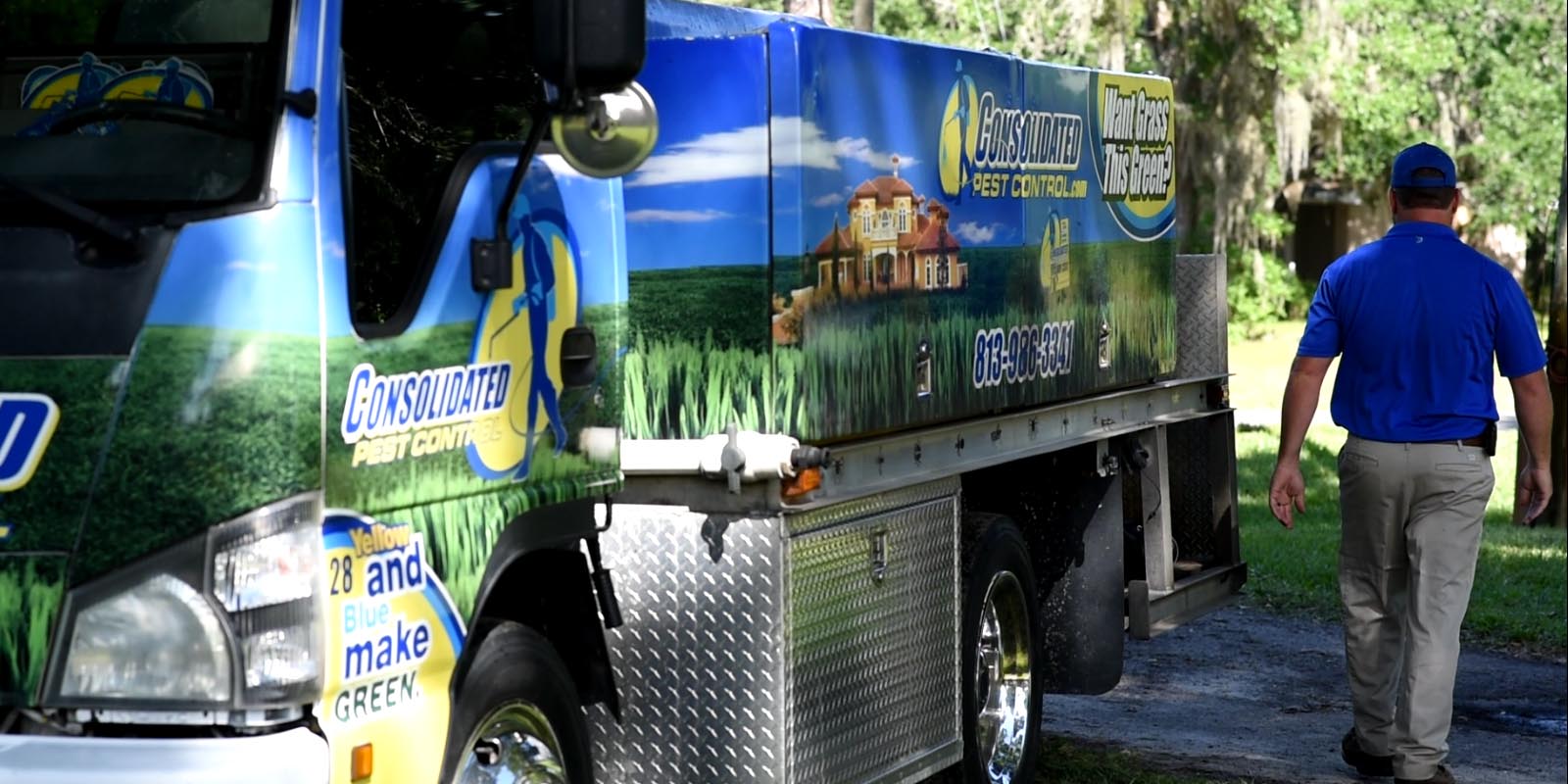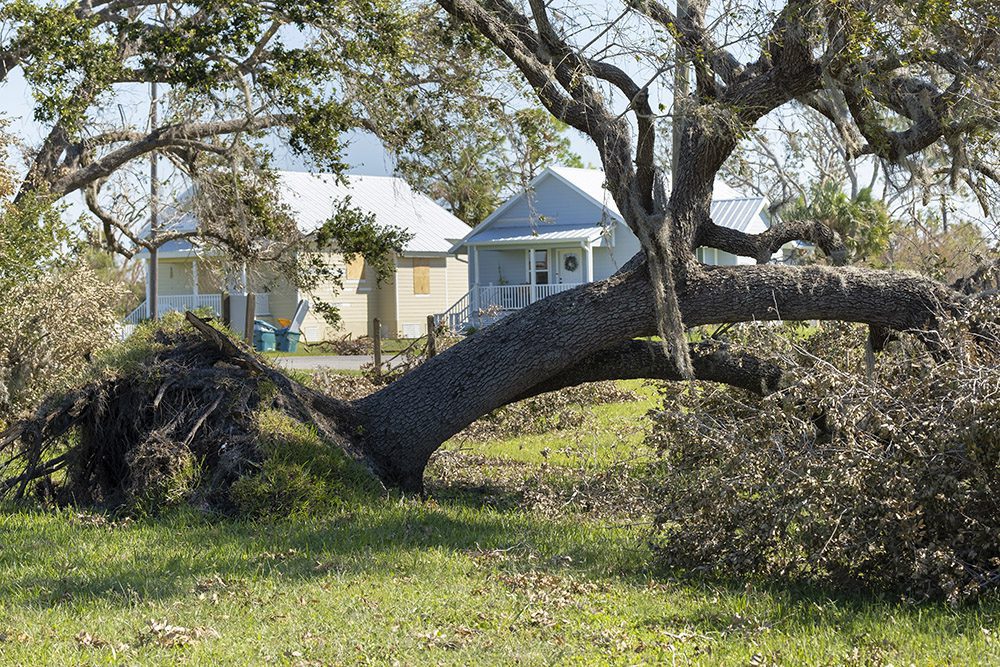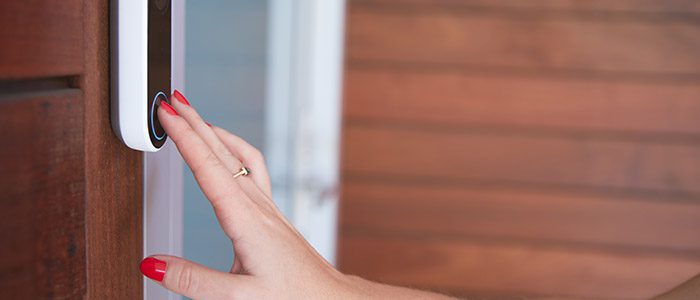
When we start seeing signs of rodent activity the first thing that should be done is a thorough home inspection. This will help you in determining the type of rodent you may be dealing with, including their patterns of activity and what brought them to your home in the first place. Most importantly, you will be able to learn which rodent-control product to use for eliminating them.
If you’re handy, grab a flashlight and begin examining dark areas, such as behind appliances, inside cupboards, and closets. These areas are where rodents are most likely to hide. Be sure to look up, down and all around for any signs of where rodents may travel. If you’re not up for inspecting for rodent activity, then don’t hesitate to give us a call right here at Consolidated Pest Control.
How To Know You Have Mice
When you have mice you will see several signs including but not limited to:
- Droppings
- Urine Odors
- Gnaw marks on wooden or plastic surfaces
- Roden nests
- Unsual pet behavior
- Noises in walls, ceiling, or floor
The first sign of rodents is always going to be the droppings. Rodent droppings are a sure sign that rats or mice are present within your home, and will indicate the type of rodent, the size of the infestation, and where they are most active.
Mouse droppings are smaller, typically less than one-quarter of an inch, and pointed on both ends. Rat droppings are half an inch or larger. The Norway Rats droppings are blunt at both ends, while Roof Rat droppings have pointed ends. Fresh droppings are shiny and putty-like in texture, while old ones are hard and crumbly. The varying feces sizes are a strong indicator that juveniles and adults are both present, and a lot of droppings may be an indication of a large infestation. The location of the droppings is a good indicator of active areas and where you should place bait or traps. Unfortunately, according to the CDC these droppings are a source of disease spread that rodents are able to carry and recommend a thorough cleaning.
The Best Prevention
There are several things you can do at home to help prevent a rodent infestation in your home. This includes routine cleaning to ensure no foods are left out such as those on dirty dishes, take the trash out routinely, and store pantry goods in tupperware or glass containers. You can also do a trip around your home to ensure you block any obvious openings, holes, or cracks. As these entrances simply encourage pests of all types to enter your home, not just rodents.
Rodent Pest Control Solutions
Once you or your pest control professionals have identified the correct rodent culprits you will have gone a long way in helping you both to understand their behavior. Which, can greatly assist in the selection the right rodent control solution. This understanding will additionally help prevent future infestations. Right here at Consolidated Pest Control, we offer a number of different rodent control solutions, including both baits and traps.








